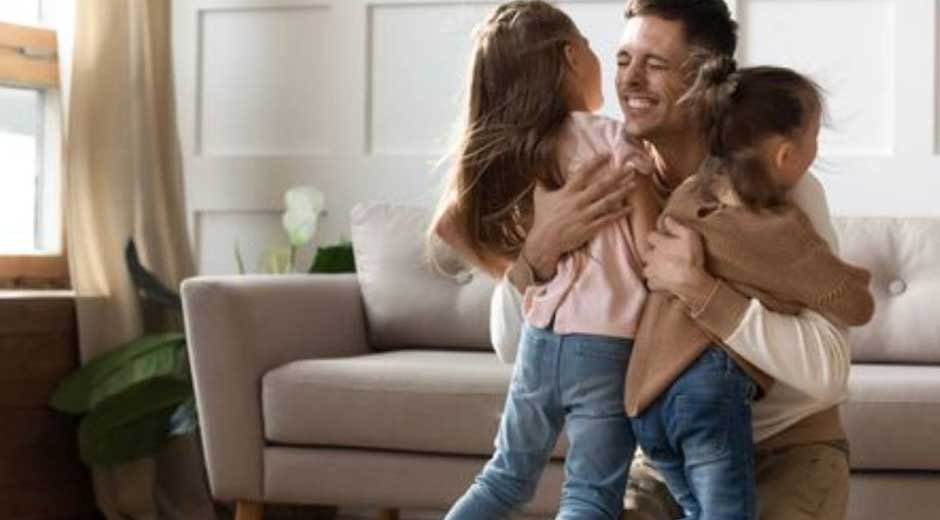Have you ever wondered the impact of divorce?
The end of a marriage can leave lasting scars, not just on the couple, but on their children and extended family members too. Whether it’s feelings of anger, confusion, or grief, the emotional impact is real and often overwhelming.
In this article, we’ll explore how divorce touches everyone in the family and why understanding these emotions can help with healing and moving forward.
Contents
Children
Children often feel the most profound emotional effects, as they may struggle to understand what’s happening or blame themselves for the breakup. Their emotional response can vary depending on their age and developmental stage:
Young Children (Ages 0-6)
Young children often have trouble understanding the reasons behind a divorce. They may sense the tension and changes around them but cannot fully grasp what is happening. As a result, they can feel insecure and confused about the situation.
These children may become more clingy or show signs of distress in unfamiliar situations. Their ability to cope with change is limited, so reassurance from both parents is crucial.
School-Aged Children (Ages 6-12)
School-aged children begin to understand more about the divorce but may still feel guilt or confusion. They might believe their actions or behaviors caused the breakup, even though this is not the case. This age group may also feel torn between their parents and anxious about changes in their daily routines.
They may act out at home or school due to stress. It is important for parents to provide emotional support and consistency during this time.
Teens (Ages 13-18)
Teens tend to understand the full scope of the situation but may react with anger, sadness, or withdrawal. They may feel betrayed or hurt by one or both parents. At this stage, teens often struggle with finding their place in the new family structure.
This can lead to strained relationships with parents and emotional distance. Seeking professional help can ease the emotional burden for them.
General Emotional Impact
The general emotional impact of divorce on children often includes feelings of instability and confusion. Many children worry about how the changes will affect their lives, including their living situation and relationships with their parents.
These feelings can lead to a lack of trust and difficulty adjusting to the new family dynamic. Children need time and support to process the changes.
Parents
The emotional impact on parents is multifaceted, as they often experience a mix of relief, guilt, anger, sadness, and fear about the future:
Mothers
Mothers often experience guilt after a divorce, especially if they feel responsible for the emotional well-being of their children. They may also worry about the long-term effects of the divorce on their children and feel like they failed at keeping the family together. In these situations, seeking advice from a divorce lawyer can help mothers understand their legal rights and ensure that their children’s needs are met during the process.
Even if the divorce was necessary, mothers may still struggle with grief and loss. They may feel sadness over the end of their marriage and the changes to their family structure.
Fathers
Fathers may feel a sense of isolation after a divorce, especially if they no longer see their children as often. They might also struggle with anger or regret, particularly if the divorce was not their choice. The emotional impact can be intensified by the financial burdens that often come with the divorce process.
These feelings of isolation or regret can lead to a prolonged adjustment period. Fathers may need support to adjust to their new role and find ways to stay connected with their children.
Extended Family
Extended family members are often caught in the emotional crossfire of a divorce. They may feel torn between sides, experiencing frustration and sadness as they try to support their loved ones while navigating their own grief.
Grandparents
Grandparents can feel a deep sense of loss when their children go through a divorce. They may experience sadness over changes in family routines and living arrangements. It can also be hard for them to see their grandchildren upset or confused by the situation.
They might feel torn between supporting their own child and maintaining relationships with the other parent. This emotional strain can affect their own sense of stability and peace.
Aunts and Uncles
Aunts and uncles often feel the stress of the family situation, even if they are not directly involved. They may worry about the well-being of their nieces or nephews, especially if the children are struggling with the divorce. They could also feel the need to offer emotional support to their siblings going through the breakup.
However, the tension between the parents can make it hard for aunts and uncles to know how to help. Their involvement can be complicated by the family division.
Cousins
Cousins may be affected by the emotional atmosphere created by the divorce, even if they are not directly involved. They might feel awkward during family gatherings or feel uncomfortable due to the new family dynamics. If there is tension between the parents, this can spill over into the relationships among cousins.
Some cousins might try to offer support to younger ones. Others might feel distant or unsure how to help.
The Impact on Family Gatherings and Traditions
Family gatherings can change after a divorce. People may feel awkward if the parents are separated and tension is high during celebrations. Children might split their time between both parents, which can lead to confusion.
Certain family traditions may end, and gatherings might be smaller or less frequent. This can create a sense of loss for everyone involved.
Rediscover Family After the Impact of Divorce
The impact of divorce brings many emotional challenges for families, but it also offers a chance for growth and healing. Though the road may seem tough, with time and support, emotional wounds can begin to heal.
Families can rebuild stronger bonds and find new paths toward happiness. It’s important to remember that everyone’s experience is unique, and healing is a personal journey for each individual.
If you gained new insights from this article, be sure to explore our blog for more enlightening content.








